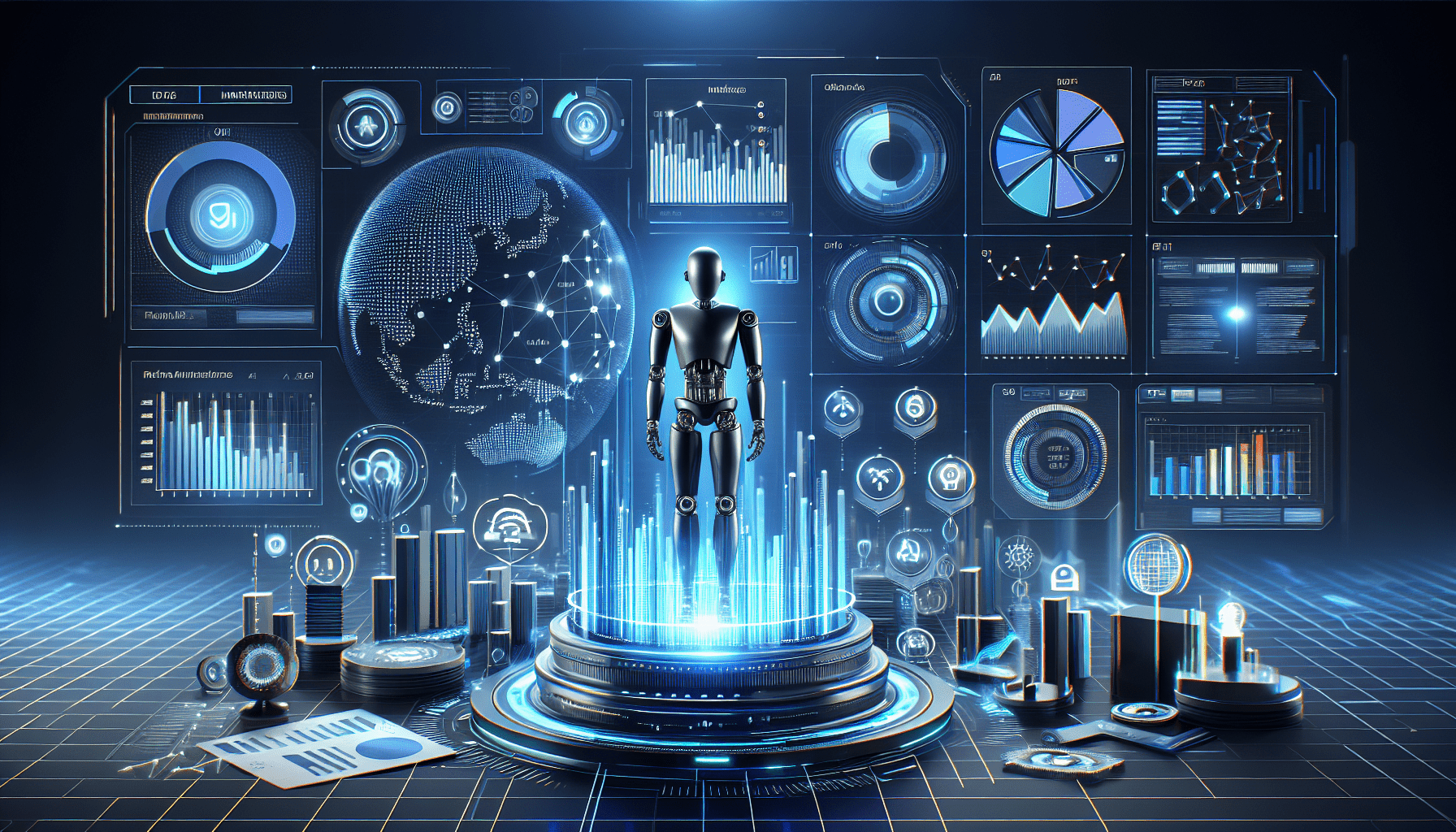What is Marketing Automation and How Can AI Help?
Marketing automation is the use of software and technology to automate repetitive marketing tasks, such as sending emails, managing social media, and tracking customer interactions. By integrating artificial intelligence (AI) into marketing automation, businesses can streamline their processes, target their audience more effectively, and ultimately maximize their return on investment (ROI).
How Does AI Enhance Marketing Automation?
AI enhances marketing automation by analyzing vast amounts of data to predict customer behavior, personalize content, and optimize campaigns in real-time. With AI-powered tools, businesses can create more targeted marketing campaigns, improve customer engagement, and increase conversion rates.
How Can AI Improve Content Creation in Marketing Automation?
AI can improve content creation in marketing automation by generating personalized content based on user preferences, behavior, and demographics. By using AI to analyze customer data, businesses can create more relevant and engaging content that resonates with their target audience. Additionally, AI can help automate the content creation process, saving time and resources for marketing teams.
What Role Does AI Play in Email Marketing Automation?
AI plays a crucial role in email marketing automation by analyzing customer data to send personalized, timely, and relevant emails. By using AI to segment their audience, businesses can send targeted emails that resonate with individual customers, increasing open rates and click-through rates. AI can also track customer interactions with emails to optimize campaigns for better results.

How Can AI Help Retain Customers in Marketing Automation?
AI can help retain customers in marketing automation by providing personalized recommendations, offers, and incentives based on customer behavior and preferences. By using AI to analyze customer data, businesses can identify at-risk customers and proactively reach out to prevent churn. AI can also automate follow-up processes to ensure customers stay engaged and satisfied with the products or services they are using.
What Are the Benefits of Using AI in Marketing Automation?
The benefits of using AI in marketing automation include increased efficiency, improved targeting, better personalization, and higher ROI. By leveraging AI-powered tools, businesses can optimize their marketing strategies, enhance customer experiences, and drive revenue growth. Overall, integrating AI into marketing automation can help businesses stay competitive in today’s digital landscape.
How to Implement AI in Marketing Automation
Implementing AI in marketing automation involves selecting the right tools, integrating them into existing systems, and training teams to use them effectively. Businesses should start by assessing their current marketing processes and identifying areas where AI could add value. They can then research AI-powered tools that align with their goals and budget, and work with vendors to implement and customize them for their specific needs.
Choosing the Right AI-Powered Marketing Automation Tools
When choosing AI-powered marketing automation tools, businesses should consider factors such as ease of use, scalability, integration capabilities, and customer support. It’s important to select tools that align with business objectives, target audience, and budget constraints. Businesses should also prioritize tools that offer advanced features such as predictive analytics, machine learning, and real-time optimization to maximize their ROI.
Measuring ROI with AI in Marketing Automation
Measuring ROI with AI in marketing automation involves tracking key performance indicators (KPIs), such as conversion rates, customer acquisition cost, and customer lifetime value. By analyzing data collected from AI-powered tools, businesses can evaluate the effectiveness of their marketing campaigns, identify areas for improvement, and make data-driven decisions to optimize ROI. Additionally, businesses can conduct A/B testing, conduct market research, and gather customer feedback to refine their strategies and maximize returns.
Case Studies: Successful Implementation of AI in Marketing Automation
To provide practical examples of successful implementation of AI in marketing automation, let’s explore two case studies:
- E-commerce retailer: By leveraging AI to analyze customer data and behavior, an e-commerce retailer was able to send personalized product recommendations through email marketing automation. This resulted in a 20% increase in conversion rates and a 15% increase in average order value.
- Healthcare provider: A healthcare provider used AI-powered tools to automate follow-up processes and personalize patient communications. This led to a 30% decrease in patient churn and a 25% increase in patient satisfaction scores.
Conclusion
In conclusion, maximizing ROI with AI in marketing automation is essential for businesses looking to optimize their marketing strategies, improve customer engagement, and drive revenue growth. By leveraging AI-powered tools, businesses can automate repetitive tasks, create personalized content, and target their audience more effectively, resulting in higher conversion rates and increased ROI. To stay competitive in today’s digital landscape, businesses should consider integrating AI into their marketing automation processes and continuously monitor and optimize their strategies for maximum impact.
